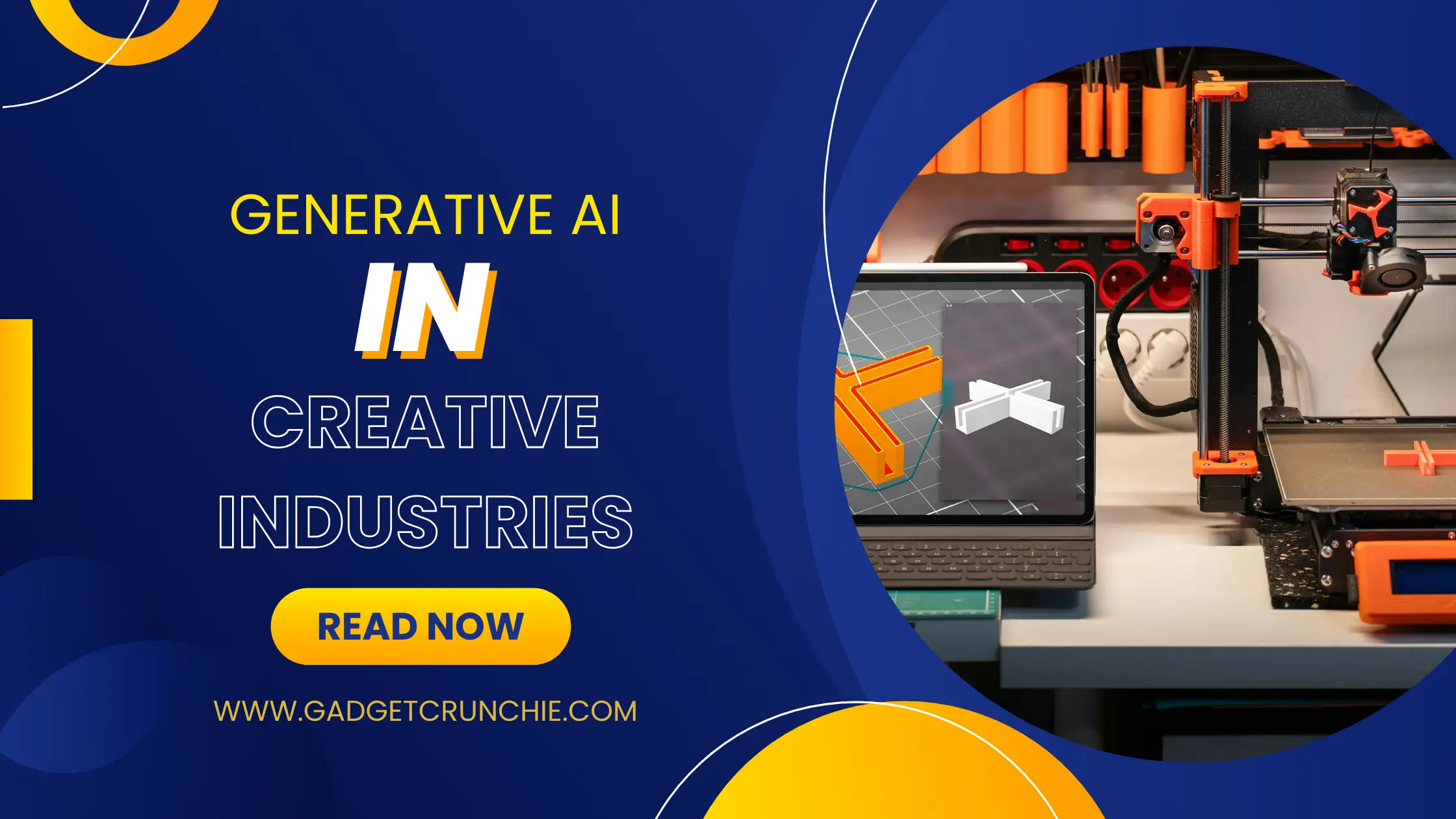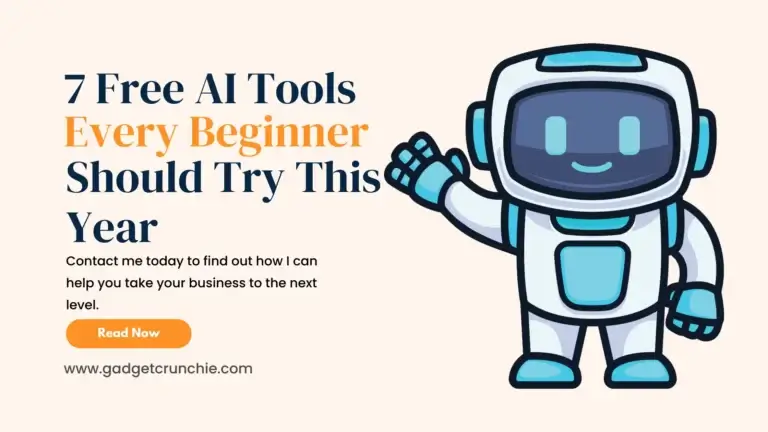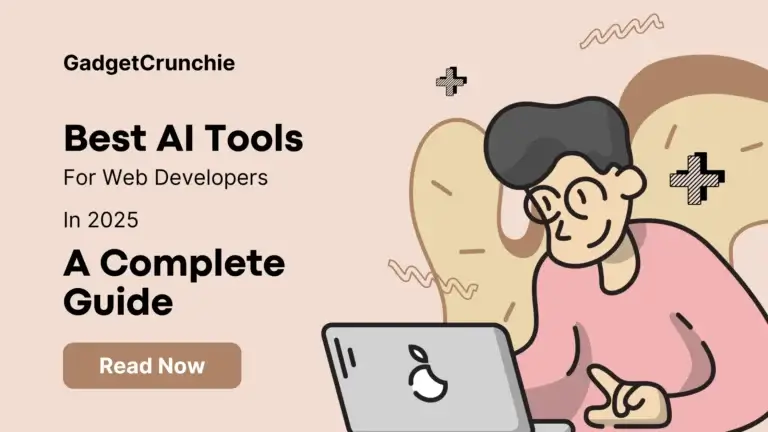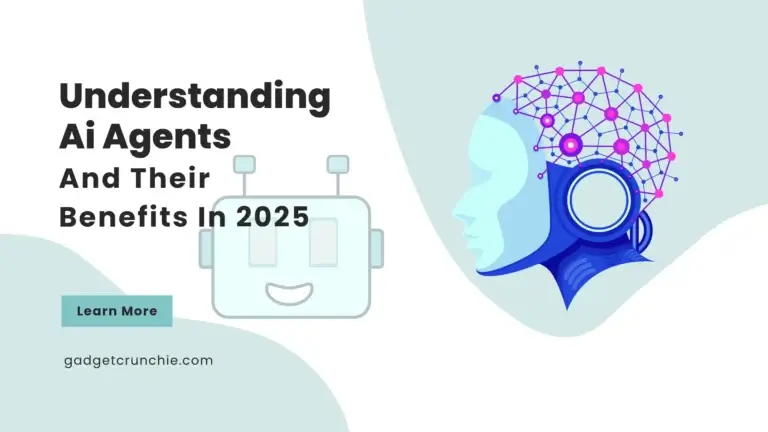Generative AI, a branch of artificial intelligence that focuses on creating new content, is revolutionizing the landscape of the creative industries. By harnessing the power of algorithms and machine learning, Generative AI is enabling novel forms of creativity in fields ranging from visual arts and music composition to marketing and design. This article explores the role of Generative AI in Creative Industries in shaping the creative processes, applications, and ethical considerations within various sectors of the creative industries. From enhancing productivity to posing new challenges in intellectual property rights, the integration of Generative AI is reshaping the future of creativity and innovation.
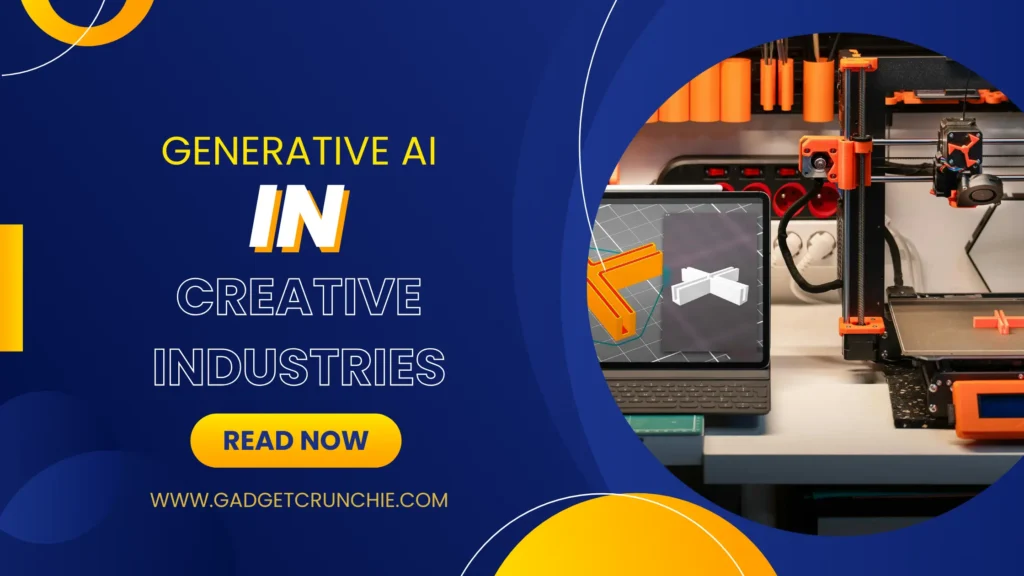
1. Introduction to Generative AI in Creative Industries
Defining Generative AI
Generative AI is like the creative brainchild of artificial intelligence, where it’s not just regurgitating facts but coming up with new stuff on its own. It’s kind of like giving a robot a paintbrush and telling it to create a masterpiece.
Evolution of Generative AI in Creative Industries
Generative AI has come a long way from just crunching numbers to now helping creatives in fields like art, music, and marketing. It’s like AI went from being a boring accountant to a cool, artsy friend who can whip up a tune or design in no time.
“How AI is Transforming Small Businesses 2024: Opportunities and Challenges complete read to know about it.” Link
Zubair Abid
2. Applications of Generative AI in Creative Industries
Visual Arts and Design
Generative AI is shaking things up in the art world by assisting artists in creating unique pieces or even generating art on its own.
Music Composition and Production
From creating catchy tunes to helping with complex compositions, generative AI is a game-changer in the music industry. It’s like having a virtual bandmate who’s always ready to jam.
Content Generation in Marketing
Generative AI is a secret weapon for marketers, helping them generate personalized content at scale. It’s like having a marketing wizard who knows exactly what your audience wants to see.
“Don’t miss out! Check out my latest YouTube video for in-depth insights and exciting content. Click here Gadget Crunchie to watch now!”
Gadget Crunchie
3. Impact of Generative AI on Creative Processes
Enhancing Creativity and Innovation
Generative AI isn’t here to steal creative jobs but to supercharge them. It can spark new ideas, push boundaries, and bring fresh perspectives to the table. It’s like having a brainstorming buddy who never runs out of wild ideas.
Streamlining Production Processes
By automating repetitive tasks and speeding up workflows, generative AI is a time-saving superhero for creatives. It’s like having a personal assistant who takes care of the boring stuff so you can focus on the fun, creative bits.
4. Ethical Considerations of Generative AI in Creativity
Intellectual Property and Ownership Issues
With AI creating content, questions around who owns the output and how to protect intellectual property rights arise. It’s like navigating a digital maze where traditional laws might need an upgrade.
Bias and Representation in AI-generated Content
Since AI learns from existing data, biases can creep into its creations, influencing representation in AI-generated content. It’s like teaching a kid the right values so they grow up to be inclusive and diverse.
5. Future Trends and Innovations in Generative AI for Creativity
Advancements in Generative AI Algorithms
Get ready for some serious brainpower upgrades in the world of Generative AI algorithms! The future holds promises of algorithms that can mimic human creativity even better, leading to astonishing outputs. These advancements will likely involve improved neural networks, better training techniques, and more sophisticated models that can generate content across various mediums with jaw-dropping accuracy. In simpler terms, think of it as Generative AI evolving from making stick figures to creating masterpieces like the Mona Lisa!
Integration of Generative AI with Human Creativity
Imagine a tag team match between Generative AI and human creativity – the ultimate creative duo! The future is all about finding the sweet spot where AI can assist and enhance human creativity. This integration could result in collaborative projects where AI generates initial concepts that humans refine and elevate, or vice versa. It’s like having a super-smart, always-available brainstorming buddy who never runs out of innovative ideas. Together, they can push the boundaries of what we thought was creatively possible.
Conclusion
In conclusion, Generative AI is not just a tool for automation but a catalyst for pushing the boundaries of human creativity. As we navigate the ethical considerations and embrace the evolving trends in this technology, it becomes evident that the synergy between AI and human ingenuity holds immense potential for transforming the creative industries. By understanding and harnessing the power of Generative AI responsibly, we pave the way for a future where innovation and artistry converge in unprecedented ways, shaping a vibrant and dynamic creative landscape for generations to come.

